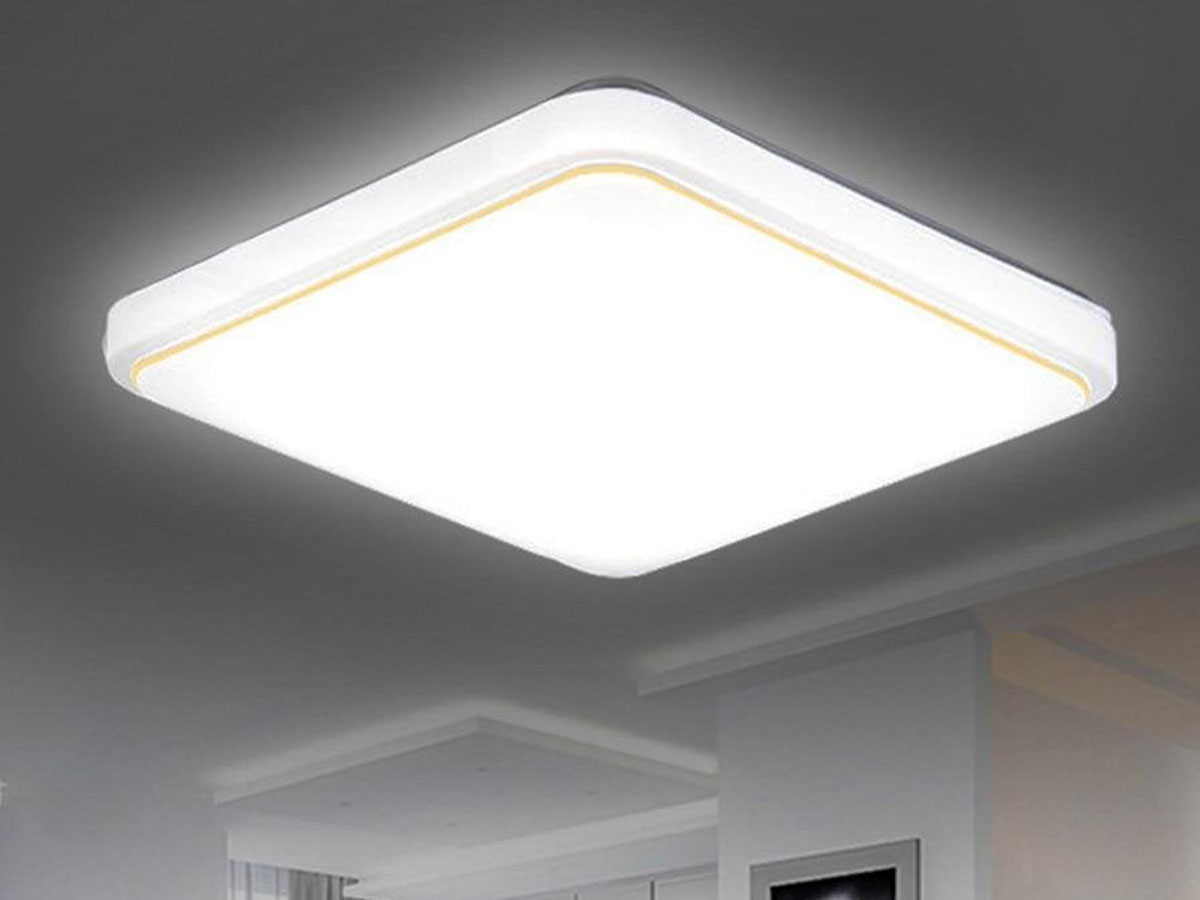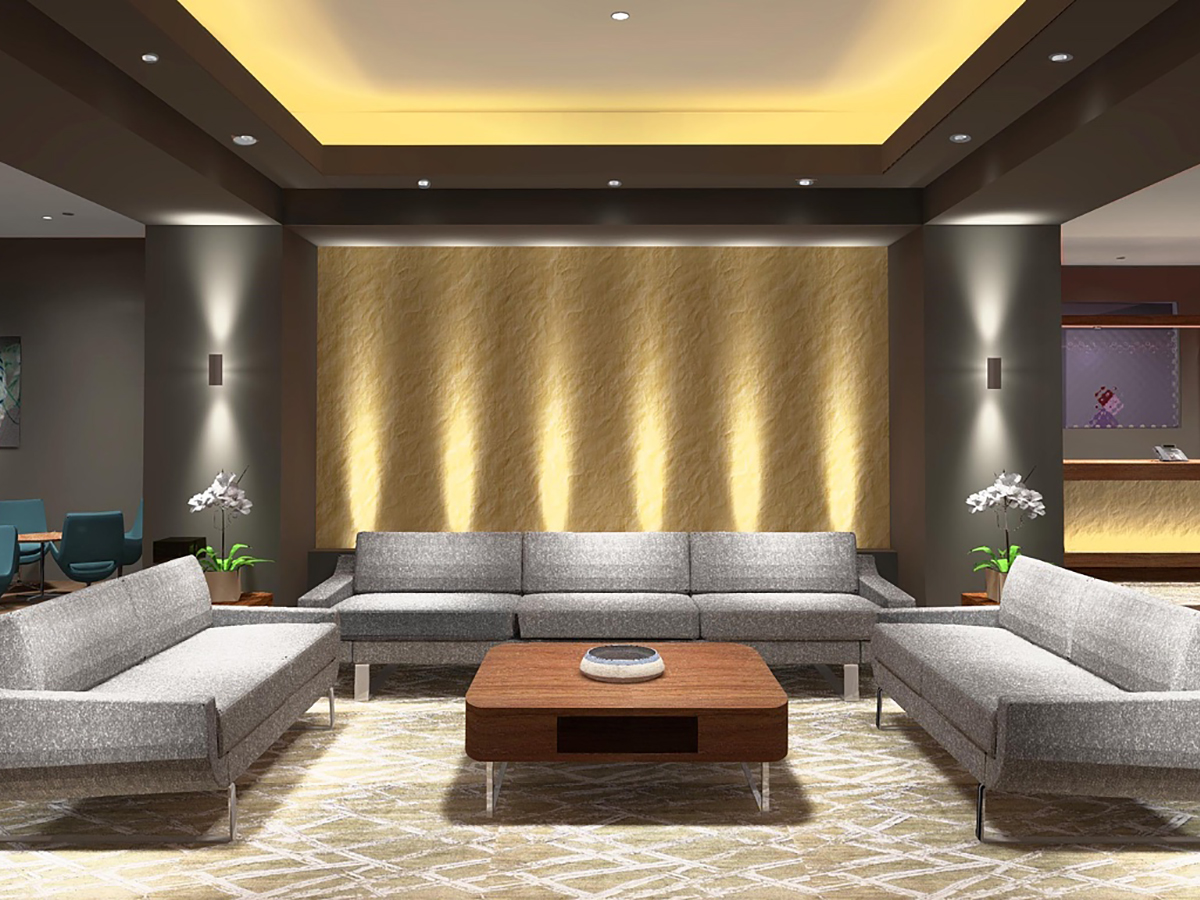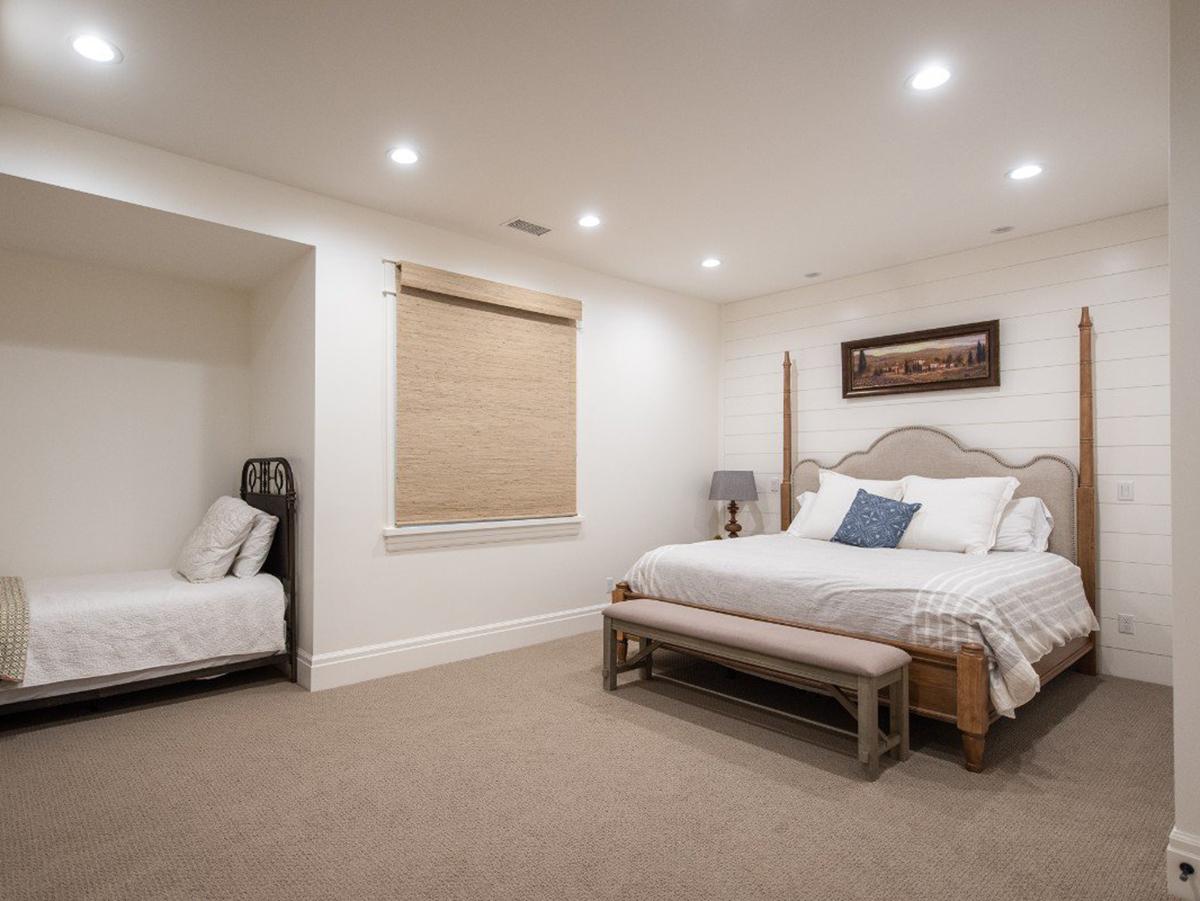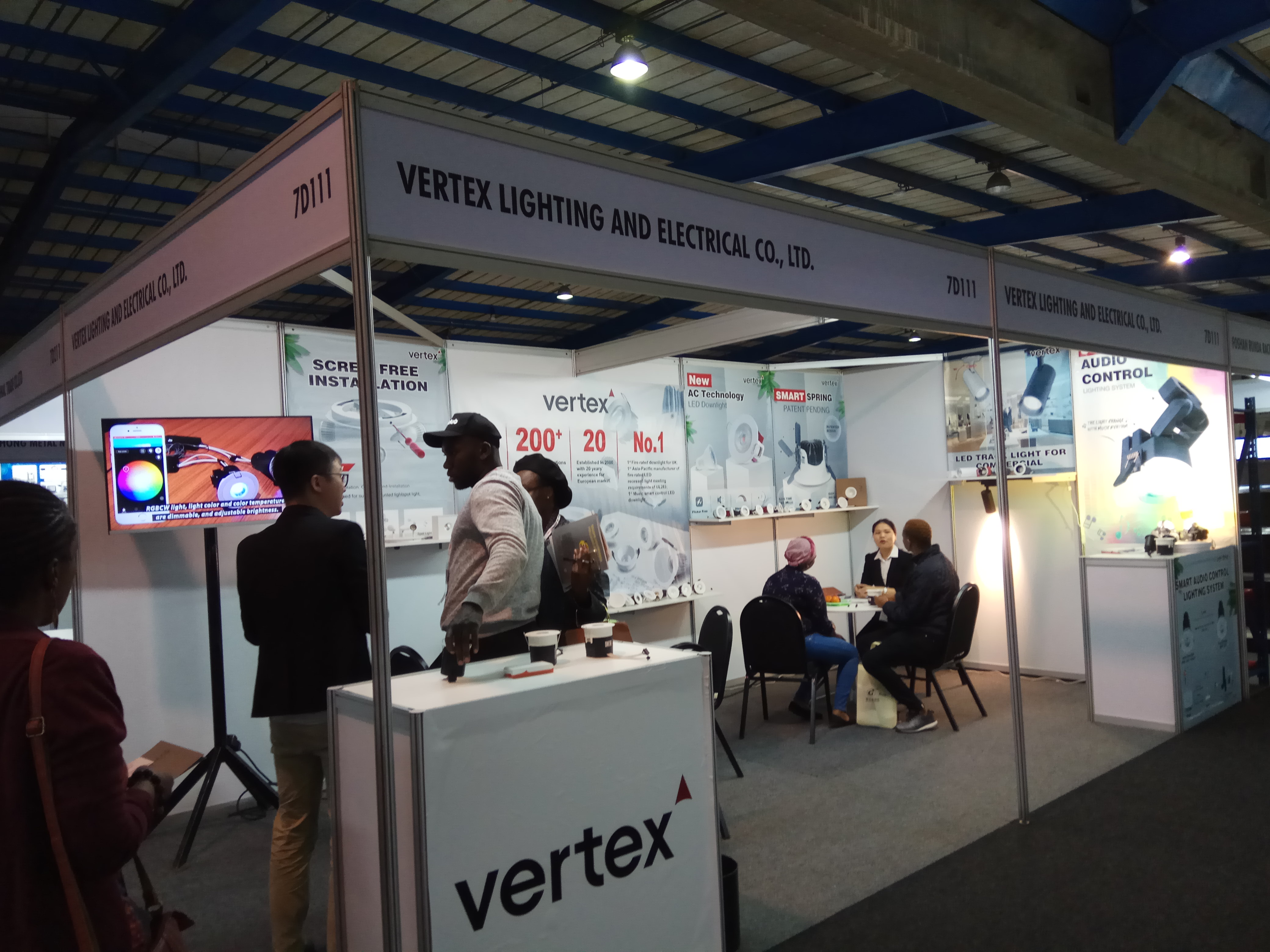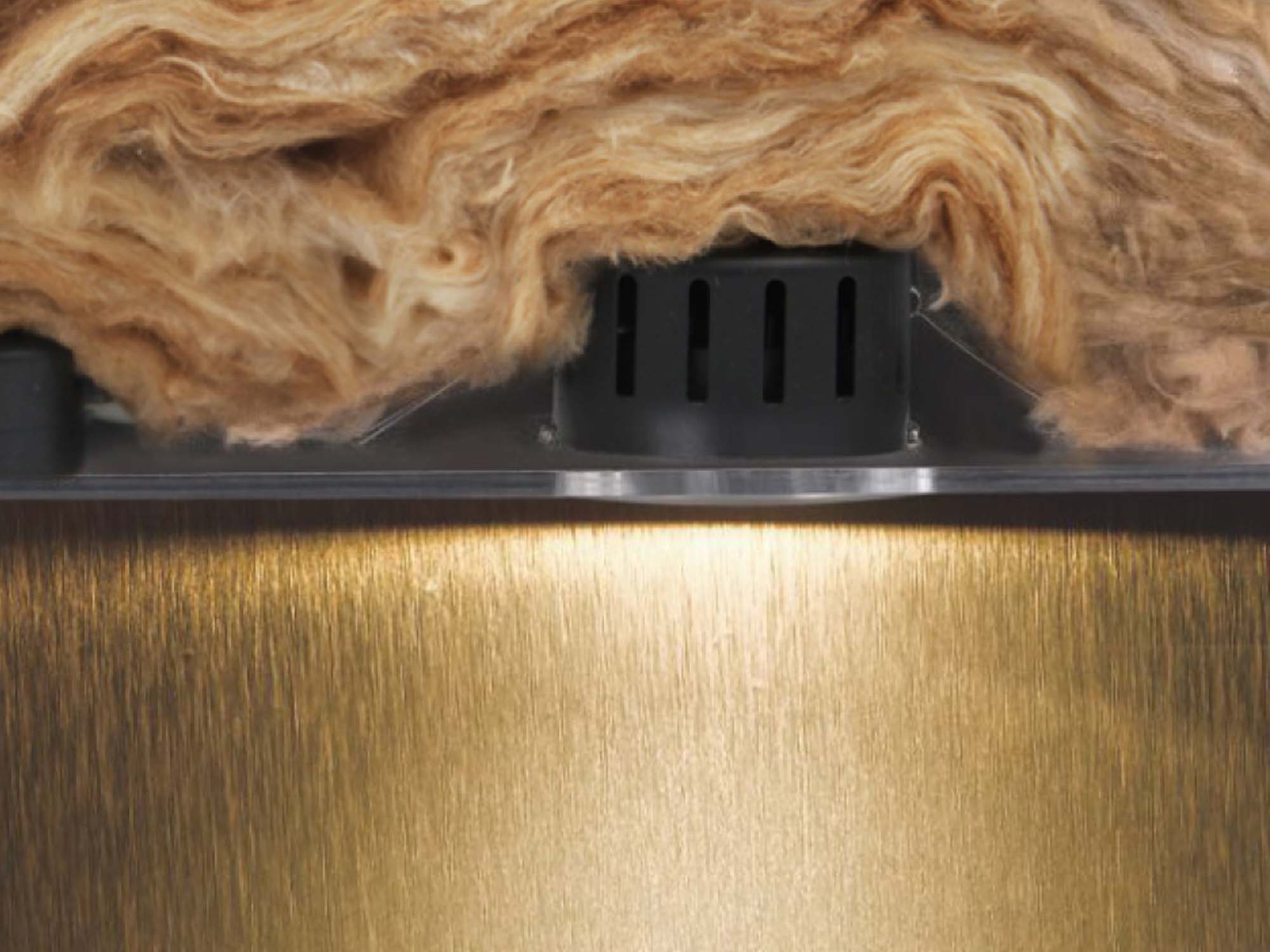LED downlights use a different technology than the standard bulb, we have put together a quick guide explaining a few points to help in choosing the right LED for your home.
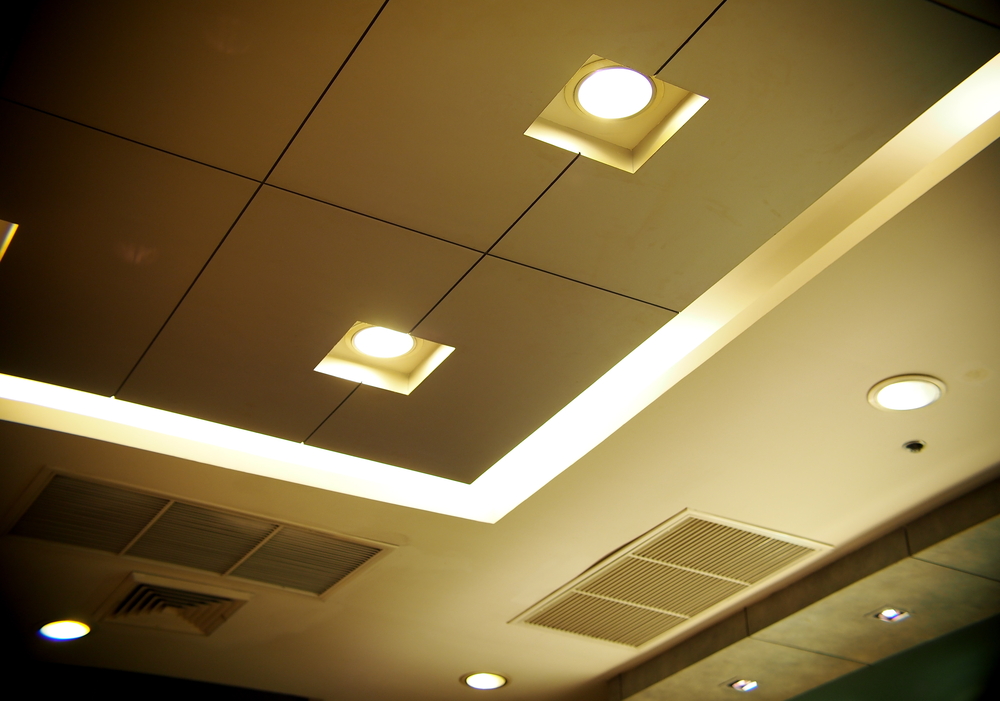
WHICH COLOUR TO CHOOSE
Lighting is a great for setting the mood, but you need to make sure you are choosing the right colour for the spaces they are intended for.
Warm white this is a comfortable light colour which is ideal for all areas of the house, in particular living areas and bedrooms, this is the most popular choice.
Cool White is a lot brighter and is generally used in laundries, and garages and because it is a lot harsher it is not recommended for living areas.
Natural White this colour is in between warm white and cool white, and this is a sharper light which replicates daylight and is practical in bathrooms, pantries and work areas.
BRIGHTNESS LEVEL
The brightness level is one of the first things you should think about when choosing your LED downlights. The brightness of a downlight is measured in lumens and not wattage. While these are interlinked in many ways, they are not the measuring the same thing. So, when comparing downlights, the higher the lumens the brighter the light will be. So, you should choose the downlights brightness based on the room you will be installing them in.
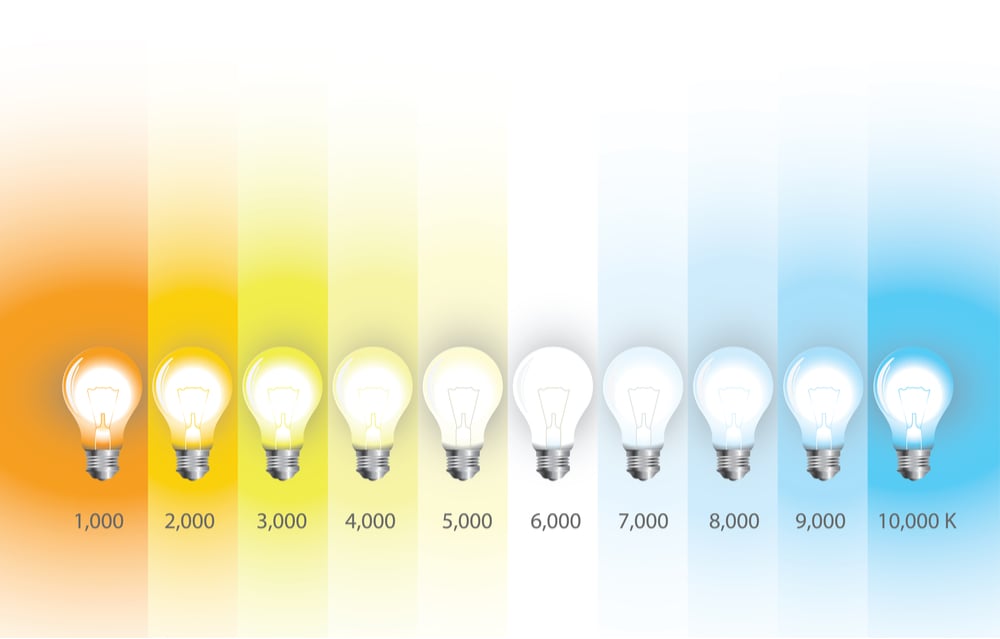
THE KELVIN(K)
The Kelvin or “K” is a unit that measures a lights colour temperature. The 3 common colour temperatures available are 3000k (warm), 4000k (cool) and 5000k (daylight/Natural White)
The most popular of these for residential living spaces is the 3000k which offers a “warmer” colour, and the 4000k for bathrooms and laundries when a “brighter” light is required.
WATTAGE
Wattage measures how much energy the light will take to work. LED downlights have a wattage around 4.5 watts to 14 watts compared to a standard halogen downlight which is around 55 watts, this makes them energy efficient lights solutions. So, when looking for the most energy efficient light try opting for the lowest wattage.
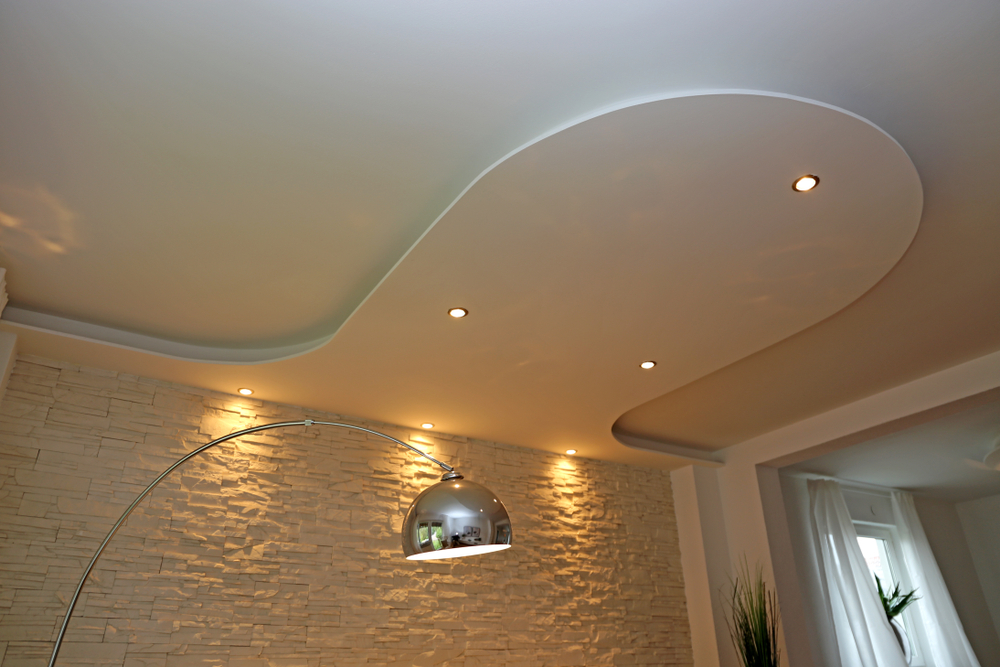
WHERE TO INSTALL AND HOW MANY
If this is your first-time installing downlights one of the common questions asked is how far apart downlights should be and how many in a room is too many.
Your Electrician will be able to guide you in the installation process, but as a quick guide the general area you should allow up to 5 watts per square metre. You should be looking at placing them 1.4ft – 2ft from the walls and around 4ft between each downlight, however this can vary depending on the room size, and the usage.
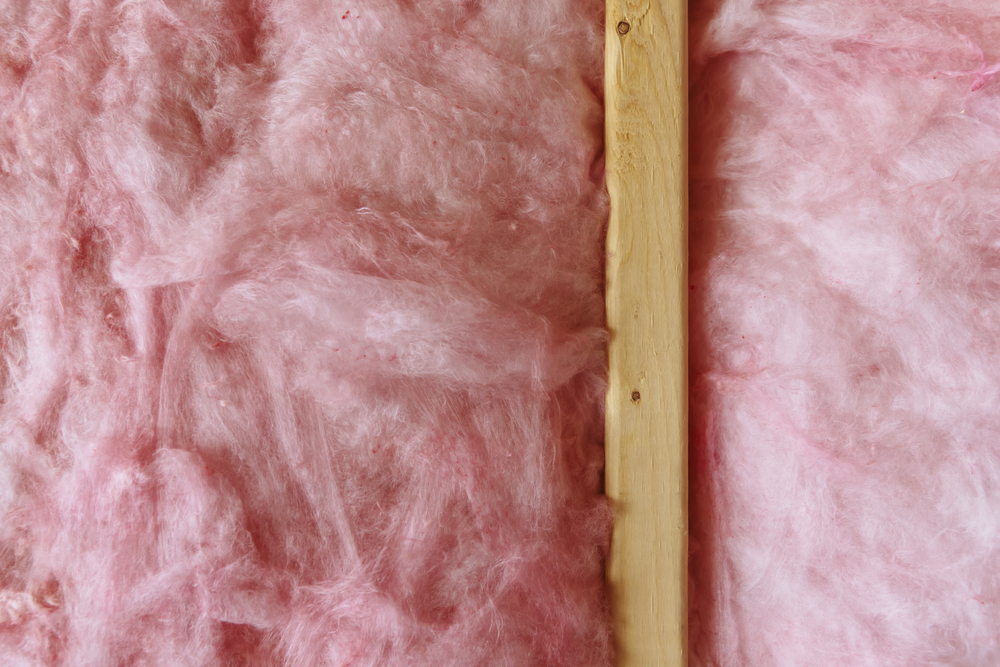
IC RATING
IC stands for Insulation Contact, and this a rating created to determine if a recessed downlight is suitable to come into contact with the building insulation or not. Most Australian homes are protected with insulation in the walls and ceilings, which acts as a barrier and is crucial for keeping the home cool in Summer and warm in Winter. When an Electrician is installing downlights in your home this is when the IC rating needs to be determined on the downlights you have chosen. The reason behind this is because LED lights can generate heat when in use and this can potentially become a fire hazard. IC ratings solves the issues for installing downlights because you can find out quickly what the rating is by using the manufacturers or installation guide.
THE MAIN BENEFITS OF IC-RATED DOWNLIGHTS INCLUDE:
- A Much simpler installation process and less time consuming
- Less chance of a fire hazard
- Potential save on Electricians costs due to time saved
- Avoid thermal loss as insulation can be laid unbroken over the ceiling
Downlights without the IC rating cannot come into direct contact or be covered by insulation, if you are installing these lights then the area around the light must be cleared to allow the heat to disperse, if the heat becomes trapped then this can cause a potential fire risk.
THE MAIN DISADVANTAGE OF NON-IC RATED LIGHTS;
- Installation can be time consuming if the insulation needs to be cleared.
- Higher Electricians cost due to spending more hours on the installation
- Higher chance of causing a potential fire risk
- Breaks in the insulation may comprise the properties in the insulation and become less effective
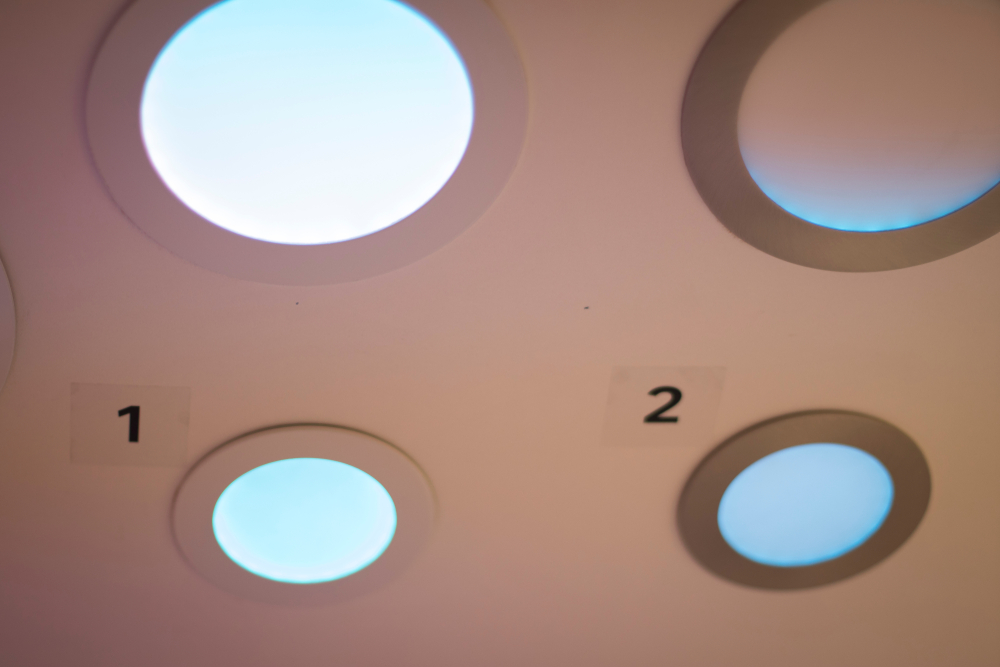
DIMMABLE OR NOT?
Most LED downlights are now compatible with dimming. Dimming gives you the advantages of being able to control the mood you would like to set in each particular room.
WARRANTY
We recommend choosing a quality brand product with the longest warranty. This could potentially save you hundreds of dollars in the future if the light was ever to fail. Many of our products offer a 3 year in home warranty as standard, giving you peace of mind.
If you would like more information about installing LED Downlights and the best downlight for your house, please contact us or visit one of stores.
